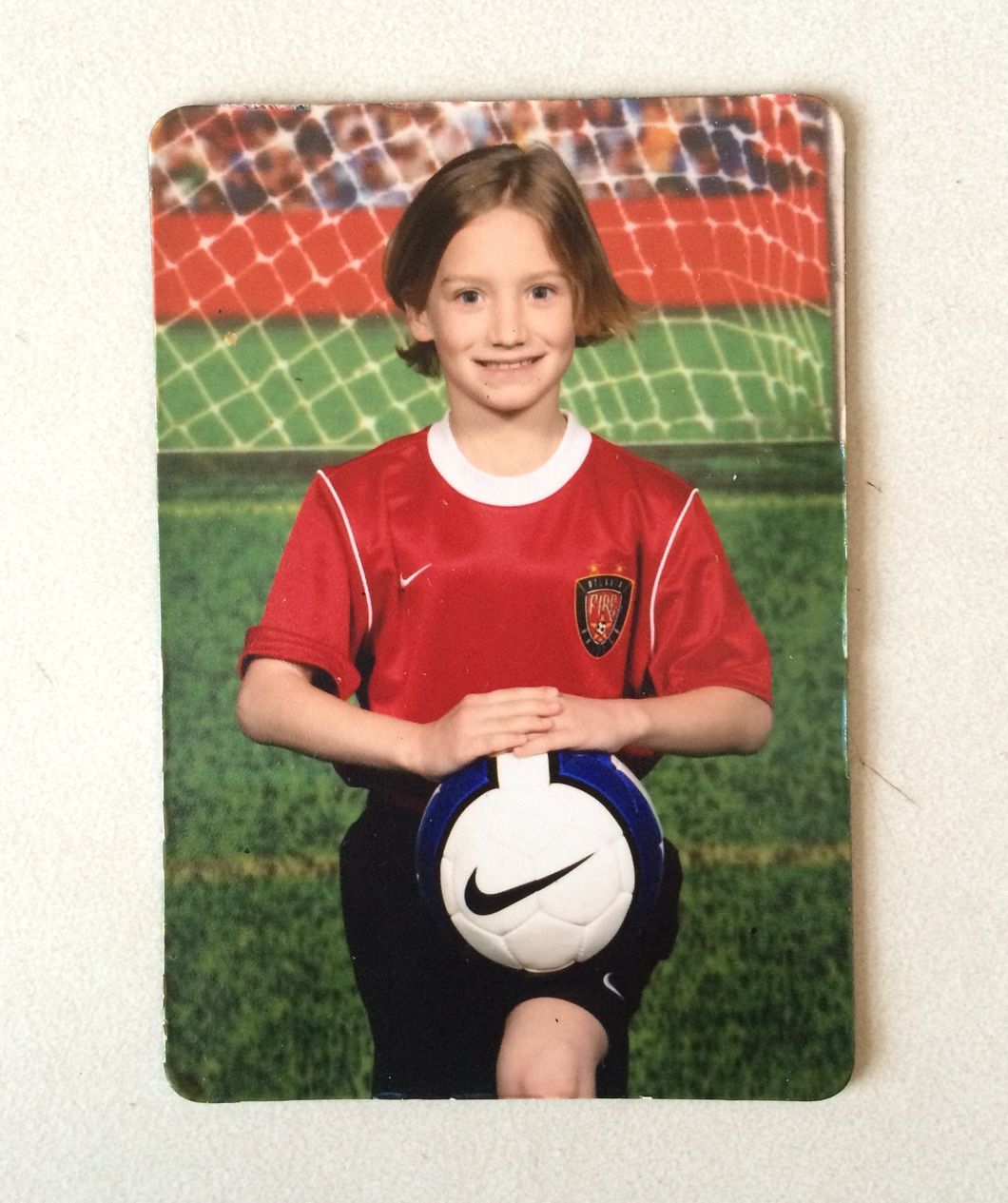Middle school is undoubtedly one of the most awkward years of schooling for most; for me, the transition proved to be one of the most challenging and rewarding span of years I've had in education thus far.
Here's a little background: for the majority of elementary school (K-3rd grade), I went to a local public school and for the remaining years (4th-5th grade), I called a small private Christian school my home. Come the start of 6th grade, I was back in the public school system, fearing the changes ahead of me and hesitating to make new friends in pre-existing social circles. I moved from public to private to public school again because of bullying. I was a very easy target for kids to taunt because of my short height, love of school, and strange, tomboyish clothing. In fact, 6th grade wasn't much better than what I had experienced before.
Come 7th grade, I decided to try a different school blocking system that my middle school offered. This program, called Team 21, placed an emphasis on hands-on and experiential learning. Being a kinesthetic and active learner my whole life, my parents and I were excited about the change. All of my teachers in Team 21 were outstanding; I owe much of the passion I have for learning now to the dedication and love that they all poured into me and my peers. One teacher, however, soared far above and beyond any other teacher I have ever had before. Her name was Mrs. Pearce and she would become not only my math teacher but my inspiration throughout school and even today.
Mrs. Pearce is a rare kind of teacher, the sort you only see in movies or read about in books. She showed all of her students an equal amount of care for their education and a genuine interest in who we were as individuals. I loved her positivity, kindness, and knowledge because of how it inspired me to be like her. She always greeted us with a bright smile and actively engaged us in what we were learning that day. Questions were always encouraged and she built up our confidence by giving positive feedback for a job well done. Whenever any kids picked on me or others, she was quick to acknowledge and diffuse the situation quickly. To add, she was also a University of Georgia graduate like my father, so she and I loved to talk about football during the season and my dreams of attending the university in the future.
Very early into classes that year, I observed all of these things and became very attached, viewing her as a mentor. I wanted to make a perfect grade in her class; I would settle for nothing less than a 100 to show her that I cared about the class and everything she did for us. I always completed my homework, studied hours for her assessments, and took time between classes to talk to her about math and life. Eventually, though, I became so obsessed and overwhelmed with wanting to make an A+ for her that I cried before every single quiz or test at home and would push myself to be perfect even when I couldn't. During assessments, I would get very upset when I didn't know an answer and would even tear up in class sometimes because I only wanted to show her how thankful I was to have such a great teacher like her.
When my first "low" grade of a 91 on an exam was passed back to me, I broke down crying in front of everyone and Mrs. Pearce took me out into the hall to see what was going on. I'm sure that she expected me to be going through some sort of family crisis or sickness, but when I told her that I was sorry to disappoint her by getting lower than a 100, she laughed to herself and told me that I shouldn't be so focused on my grades. "Making perfect grades," she told me, "is not nearly as important as loving what you're learning." She taught me that day that while having good grades is important, the process of learning and just doing your best would always be enough to make any teacher proud of their students. Teachers don't demand perfection; they encourage learning and engagement with the material.
That simple conversation nearly 7 years ago changed my entire view on school and learning in general. It's been a long journey to get to a place where I'm more concerned with utilizing what I've learned over earning high marks on one test, but the process has helped me enjoy college so much more. As long as I'm learning, I am happy.
So thank you, Mrs. Pearce, for changing my life and for helping me on my journey of learning and discovery. I'm more in touch with myself than ever since that one conversation years ago, and my experience in college wouldn't have been the same without it.



 Photo by
Photo by  Photo by
Photo by  Photo by
Photo by 



















